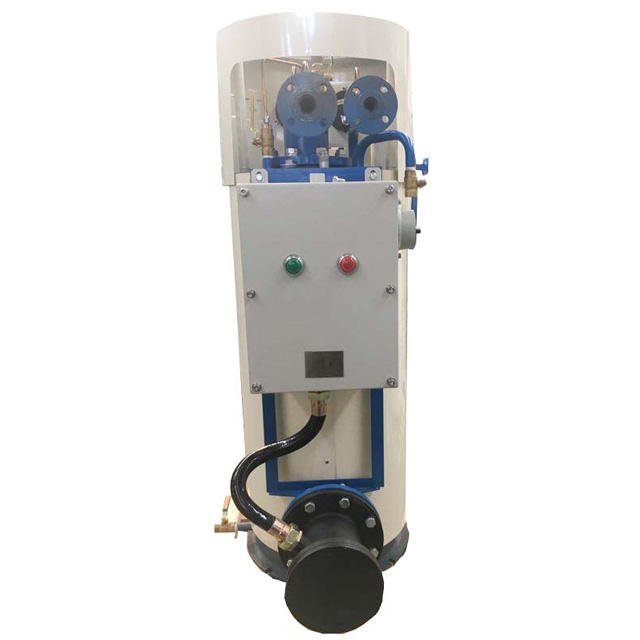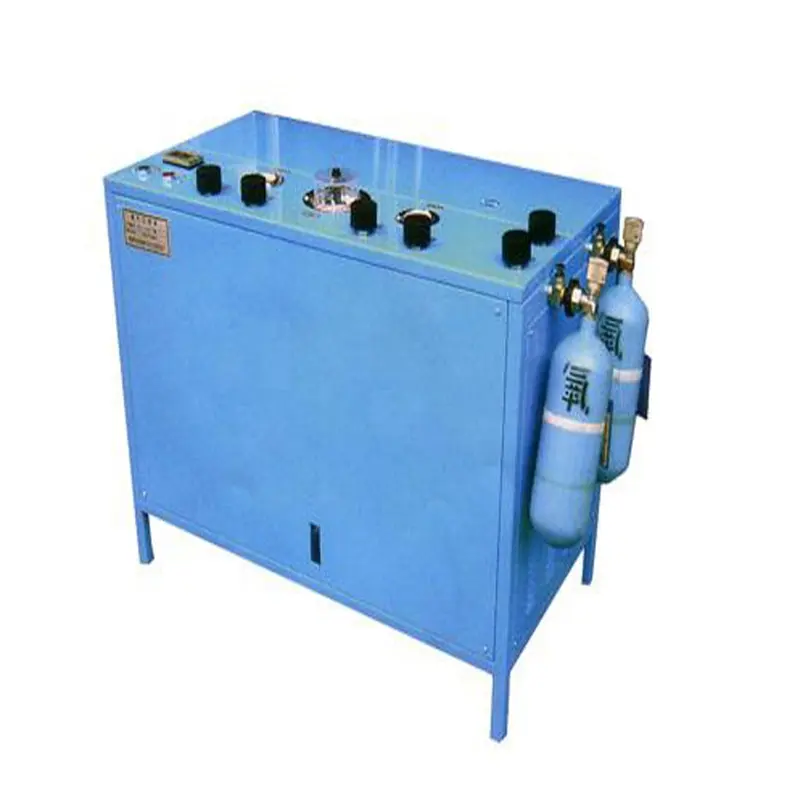- Home
- About Us
- Products
- Hydraulic Cylinders
- Forklift Hydraulic Cylinders
- Agricultural Machinery Hydraulic Cylinders
- Aerial Work Vehicle Hydraulic Cylinders
- Sanitation Machinery Hydraulic Cylinders
- Construction Machinery Hydraulic Cylinders
- Mobile Machinery Hydraulic Cylinders
- Industrial Engineering Hydraulic Cylinders
- American Standard Series Hydraulic Cylinders
- Offshore Hydraulic Cylinders
- Energy Technology Hydraulic Cylinders
- Tunnel Boring Machine Hydraulic Cylinders
- Telescopic Hydraulic Cylinders
- Tractor & Front End Loader Hydraulic Cylinders
- Steering Hydraulic Cylinders
- Dump Truck & Trailer Hydraulic Cylinders
- Electirc and Instrument
- Gasification station
- Equipment
- Gas compressor
- Gas filter and purification
- Gas Storage & transportation
- Air separation plant
- Refrigeration Equipment
- Ungrouped
- Hydraulic Cylinders
- News
- Download
- Send Inquiry
- Contact Us
Agricultural Machinery Hydraulic Cylinders
Understanding Agricultural Machinery Hydraulic Cylinders
Agricultural machinery hydraulic cylinders are essential components in modern farming equipment, providing the necessary force and precision for various mechanical operations. These devices convert hydraulic energy into linear motion, enabling heavy-duty tasks such as lifting, pushing, and pulling in agricultural machinery like tractors, combines, and plows. With the advancement in agricultural technology, the demand for reliable and efficient hydraulic cylinders has increased, making them a critical part of farm productivity and automation.
Key Features of Our Hydraulic Cylinders
Our agricultural machinery hydraulic cylinders are designed to withstand harsh farming conditions while delivering optimal performance. They are built with high-quality materials and undergo rigorous testing to ensure durability and longevity. Below are some standout features:
- Robust Construction: Made from hardened steel and chrome-plated rods to resist wear and corrosion.
- High Pressure Tolerance: Capable of operating under extreme pressure conditions, typically up to 3000 PSI.
- Precision Engineering: Ensures smooth and accurate movement for efficient farming operations.
- Seal Integrity: Advanced sealing technologies prevent leaks and contamination, extending service life.
- Customizable Options: Available in various sizes, strokes, and mounting styles to fit specific machinery needs.
Detailed Product Parameters
To help you select the right hydraulic cylinder for your agricultural equipment, we provide comprehensive technical specifications. The following table outlines the standard parameters for our product range:
| Parameter | Specification Range | Units |
|---|---|---|
| Bore Diameter | 1.5" to 8" | Inches |
| Rod Diameter | 0.75" to 5" | Inches |
| Stroke Length | 2" to 120" | Inches |
| Operating Pressure | Up to 3000 | PSI |
| Temperature Range | -40°F to 250°F | Fahrenheit |
| Mounting Style | Clevis, Flange, Trunnion | N/A |
| Material | Hardened Steel, Chrome-Plated | N/A |
Applications in Agriculture
Hydraulic cylinders are integral to numerous agricultural machines, enhancing efficiency and reducing manual labor. Common applications include:
- Tractor Loaders: For lifting and moving heavy materials like hay bales or soil.
- Harvesting Equipment: Used in combines for adjusting header height and controlling mechanisms.
- Plows and Tillers: Enable depth control and folding actions for easy transport.
- Irrigation Systems: Assist in positioning and movement of large-scale irrigation units.
- Livestock Machinery: Operate gates, feeders, and other automated systems in modern farms.
Frequently Asked Questions (FAQ)
What are the common signs of hydraulic cylinder failure in agricultural machinery?
Common signs include fluid leaks, reduced performance or slow operation, unusual noises during movement, and visible damage to the rod or body. Regular inspection and maintenance can help detect issues early.
How often should agricultural hydraulic cylinders be serviced?
Servicing intervals depend on usage intensity and environmental conditions. Generally, it's recommended to inspect and maintain cylinders every 500 hours of operation or at least annually, including seal checks and fluid analysis.
Can hydraulic cylinders be repaired, or do they need replacement?
Many hydraulic cylinders can be repaired by replacing seals, rods, or other worn parts. However, if the cylinder body is damaged or corroded beyond repair, replacement might be more cost-effective for long-term reliability.
What factors should be considered when selecting a hydraulic cylinder for farm equipment?
Key factors include bore size, stroke length, operating pressure, mounting style, material compatibility with agricultural environments, and certification standards like ISO or SAE to ensure quality and safety.
How do I prevent contamination in hydraulic systems using these cylinders?
Use high-quality hydraulic filters, maintain clean fluid, regularly check and replace seals, and avoid exposing cylinders to dirt and debris during operation or storage. Proper installation and routine maintenance are crucial.
Are custom hydraulic cylinders available for specific agricultural machinery?
Yes, we offer custom solutions tailored to unique requirements, including non-standard dimensions, special materials, or specific performance characteristics. Contact our engineering team for detailed consultations.



